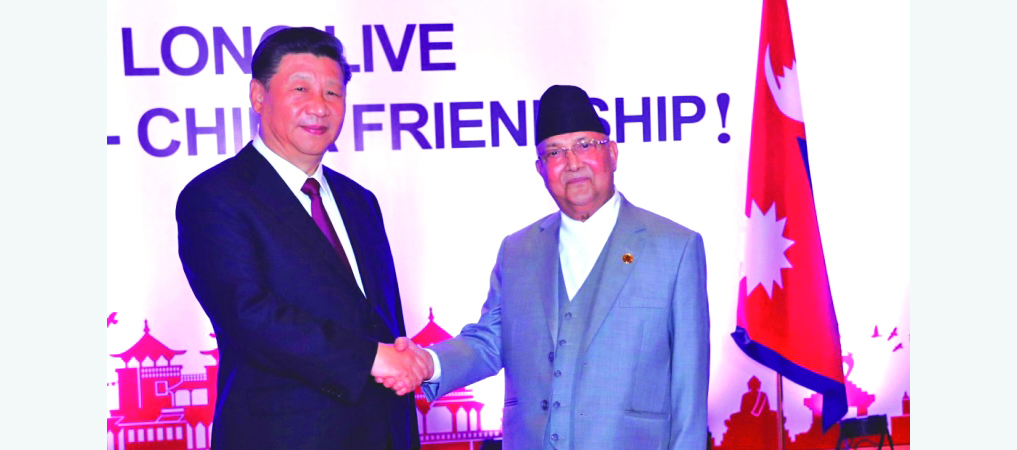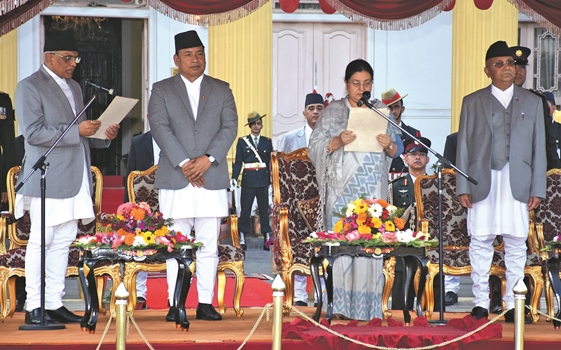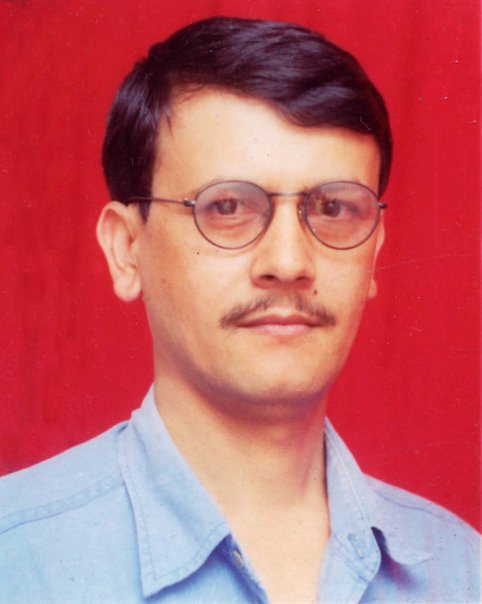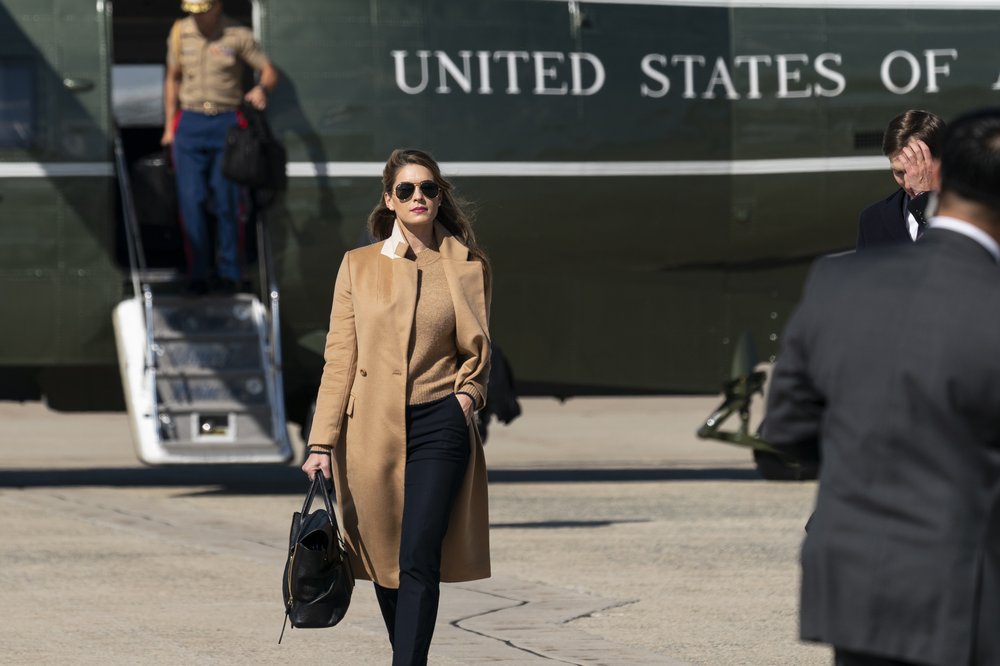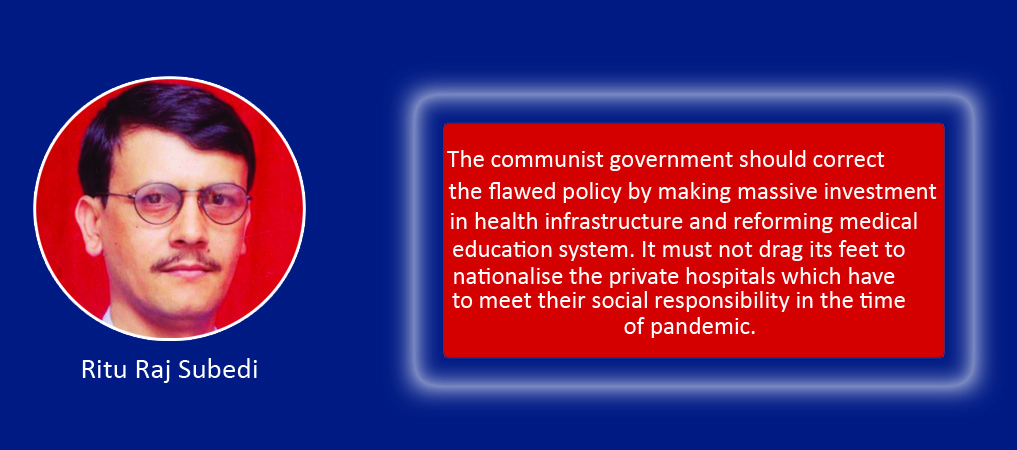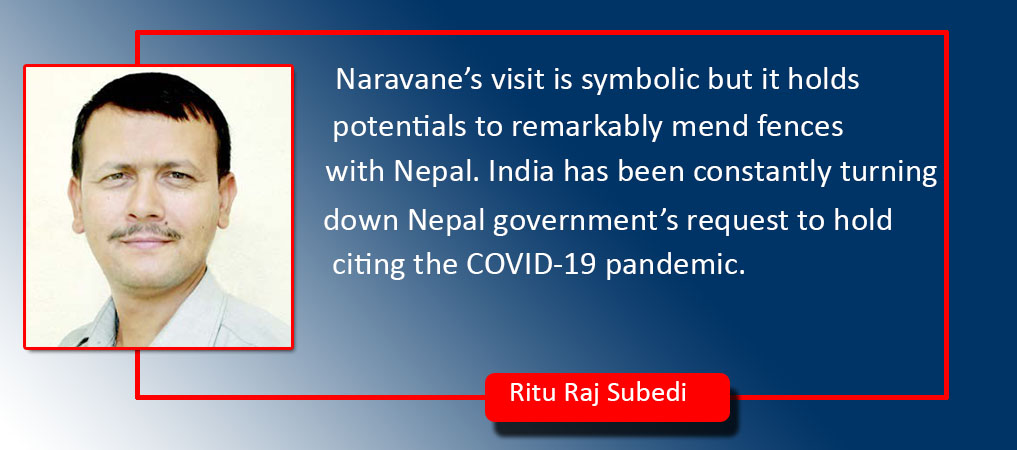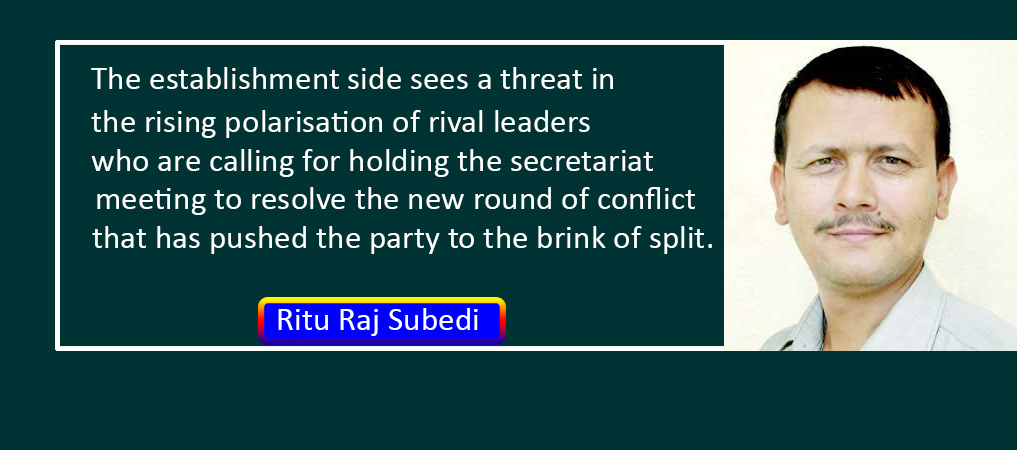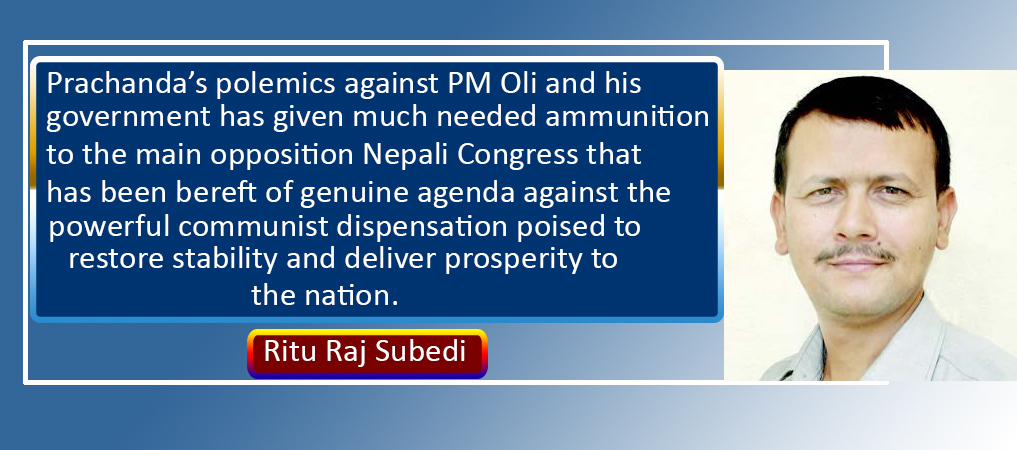Madhav Nepal: A Soft Rebel
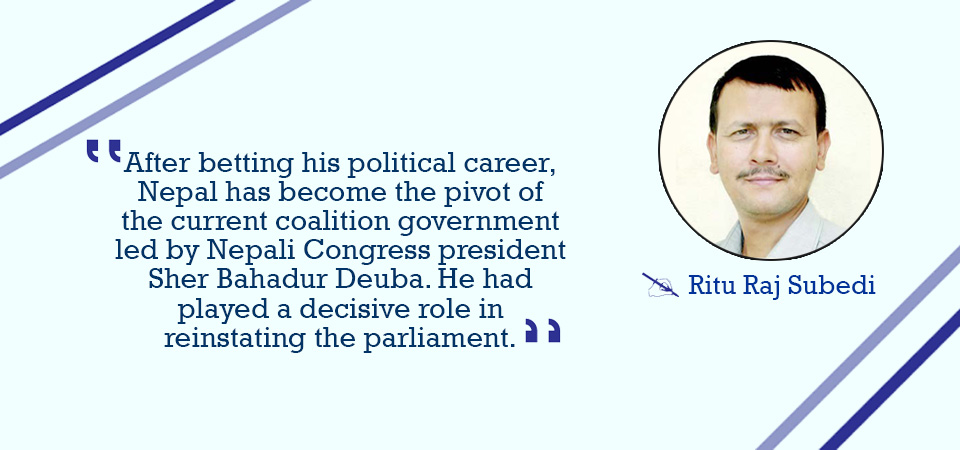
Ritu Raj Subedi
Madhav Kumar Nepal’s revolt against the CPN-UML chair KP Sharma Oli adds another sensational chapter in the Nepali communist movement. Leader Nepal is generally known as a pragmatic, compromising and accommodative person. Soft and suave, he does not possess much of Oli’s oratorical skill, which the latter employs to take the starch out of his adversaries. Unlike Oli, Nepal rarely makes acerbic comments targeting his rivals inside and outside the party. However, circumstances have made pliable Nepal a number one rebel in the contemporary politics. He dared to rein in Oli’s monopoly and a series of missteps, which threaten to derail constitution and republican system. Nepal has compared himself with NCP founding leader Pushpin Lal who revolted against the then general secretary Kesharjung Raymajhi’s move to drive the party towards the rightist path.
Surrealist scene
It appears to be a surrealistic scene to watch Nepal rise up against Oli’s ‘authoritarian’ behaviour and form a new party - CPN-Unified Socialist. He led the UML as its general secretary for around one and a half decades. He made the bigger contribution than any other current UML leaders in expanding the UML organisation. It is an irony that one of the party founders was compelled to leave it and start a new political journey. This situation mirrors the exit of CP Mainali, founding general secretary of CPN-Marxist-Leninist (ML) from the UML, and founding members of NC – Ganesh Man Singh and Krishna Prasad Bhattarai – from their own party.
Nepal has demonstrated his sheer audacity to sever ties with the UML. This contrasts with the decision of second generation leaders who joined Oli at the eleventh hour, deserting Nepal. Bhim Rawal, Ghanshyam Bhusal, Surendra Pandey and Gokarna Bista, among others, were on the frontline of anti-Oli campaign following the dissolution of the House of Representatives (HoR). They had reportedly egged Nepal on for splitting from the UML. At a press meet the other day, Nepal disclosed that Rawal and Pandey had even registered a party at the Election Commission in the name of a student leader, considering a possible split from the UML. These leaders have drummed up support for the 10-point agreement as the basis for the unity within the party. However, Nepal refused to own it up, citing that it fails to carry the spirit of unity.
Enraged by the ‘betrayal’ of his own loyalists, Nepal accused them of being madhyapanthi abasarbad (middle-path opportunists), who lack courage. “Those who do not have guts are dumped uselessly. They are dragged by others and fail to show nerves to face the complex situation,” Nepal said referring to them. Prior to the formation of the party, Nepal-Khanal group, including the second-rung leaders, had put forth three conditions for the unity in the party. They include: Oli should apologise for dissolving the HoR, the UML should return to its status prior to Jestha 2, 2075 B.S., and the HoR should be allowed to complete its full term.
However, the so-called third stream could neither prevent the party from the split nor make Oli admit his mistake. Instead, their absorption into the establishment has been interpreted as a capitulation to Oli’s ‘hegemony’. The second-rung leaders will face moral crisis if they backtrack on their previous stance. They had hailed the HoR reinstatement as a great and historic achievement while decrying the move to dissolve the House as a crime and fraud. On the other hand, the UML has described the House reinstatement as unfortunate and decided to expose the SC’s verdict nationwide. As the establishment and the third stream are ideologically at opposite extremes, where will the two sides meet? It seems the second-rung leaders did not want to forsake the brand name – UML - and its symbol – Sun, and gave lesser importance to the ideological differences with Oli.
Decisive role
After betting his political career, Nepal has become the pivot of the current coalition government led by Nepali Congress president Sher Bahadur Deuba. He had played a decisive role in reinstating the parliament. As his party having 23 HoR members joins the government, it will secure comfortable majority in the parliament. This will not only enable the House to complete full term but also help make its business effective and productive. Similarly, the coalition will secure a clear majority in the 59-member National Assembly.
Nepal’s party will be also decisive in breaking and making the provincial governments. Considering Nepal’s role in giving a positive direction to the chaotic politics, the coalition partners are ready to give a greater say to his party in power sharing. The current coalition may continue till the upcoming election. No doubt, Nepal is now on the right side of history but he must show his true mettle in bolstering his nascent party and making the government fare better in face of many daunting challenges.
(Deputy Executive Editor of The Rising Nepal, Subedi writes regularly on politics, foreign affairs and other contemporary issues. subedirituraj@yahoo.com)
Recent News

Do not make expressions casting dout on election: EC
14 Apr, 2022
CM Bhatta says may New Year 2079 BS inspire positive thinking
14 Apr, 2022
Three new cases, 44 recoveries in 24 hours
14 Apr, 2022
689 climbers of 84 teams so far acquire permits for climbing various peaks this spring season
14 Apr, 2022
How the rising cost of living crisis is impacting Nepal
14 Apr, 2022
US military confirms an interstellar meteor collided with Earth
14 Apr, 2022
Valneva Covid vaccine approved for use in UK
14 Apr, 2022
Chair Prachanda highlights need of unity among Maoist, Communist forces
14 Apr, 2022
Ranbir Kapoor and Alia Bhatt: Bollywood toasts star couple on wedding
14 Apr, 2022
President Bhandari confers decorations (Photo Feature)
14 Apr, 2022



